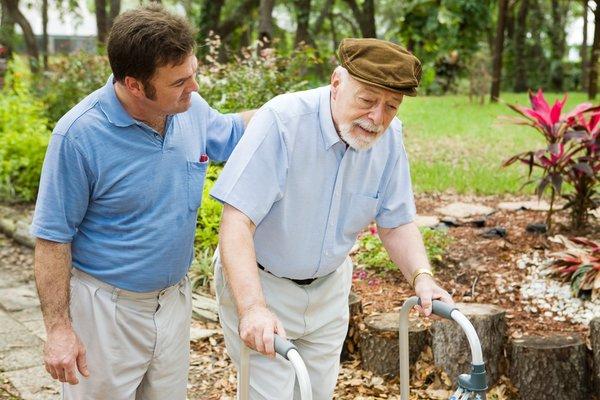Modern technology and medical techniques are advancing rapidly, but many people still prefer traditional Chinese medicine for treatment, choosing to use Chinese herbal medicine to maintain their health. It is crucial to understand the correct way of preparing Chinese herbal medicine, as it directly affects the efficacy of the medicine and one’s overall health. Below are some key points on preparing Chinese herbal medicine to help you master the art of decoction.
Preparing Chinese herbal medicine is not simply tossing the ingredients into a pot at home and boiling them randomly; precise control over time and water quantity is essential. The ideal choice of container is a clay pot because of its stable nature, resistance to chemical reactions with the herbal components, and ability to evenly distribute heat, ensuring the temperature and efficacy of the medicine. Enamel pots, stainless steel pots, and glass cookers are also viable options, but it is advisable to avoid using iron or copper pots to prevent any reactions between the metal components and the herbs, which could affect the quality and effectiveness of the decoction.
Precise control over the amount of water added is another crucial factor. Both too much and too little water are unfavorable for the full release of the medicinal properties. Generally, the amount of water added is 5-10 times the weight of the medicinal ingredients, with adjustments based on the texture of the herbs. For instance, flower, leaf, and whole plant-based herbs require more water, while mineral and shell-based herbs require less. A traditional approach is to have the water level 3-5 centimeters above the herbs during the first decoction and 3 centimeters above during the second decoction, which is a simple and practical water adding method.
The soaking of the medicinal ingredients before decoction is equally important as it helps the herbs absorb water and expand, making the active ingredients more soluble. Different types of herbs require different soaking times, which should be planned accordingly. The control over the heat intensity, frequency, and duration during the decoction process is also crucial. It is usually recommended to start with high heat and then reduce to low heat to ensure that the medicinal components are fully extracted without burning. After decoction, consume the appropriate amount of medicinal liquid in multiple doses, depending on individual circumstances.
For special herbal ingredients that require specific procedures such as pre-steaming, subsequent addition, wrapping, dissolving, emulsification, re-boiling, or direct consumption, it is essential to follow medical advice to maximize the efficacy of the medicine. For example, some mineral-based herbs need to be pre-steamed to facilitate complete dissolution, while precious herbs may be separately decocted and added later to preserve their essence.
In conclusion, preparing Chinese herbal medicine is a meticulous art that involves numerous details. Mastering the correct decoction method not only ensures the efficacy of the medicine but also minimizes unnecessary side effects, allowing traditional Chinese medicine to better serve one’s health.


